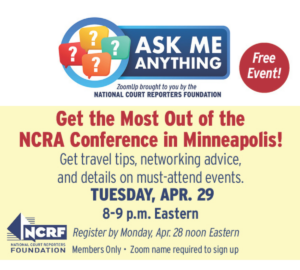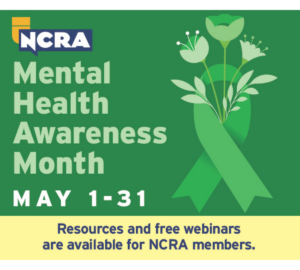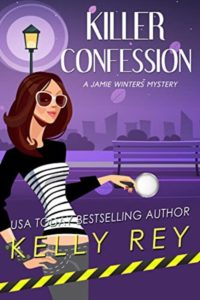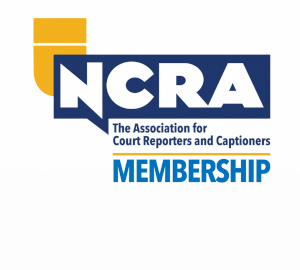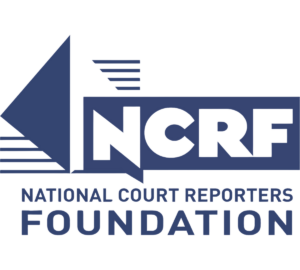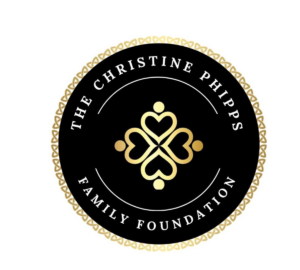Retired court reporter Santo (Joe) Aurelio, FAPR, RDR (Ret.), Arlington, Mass., is one of the presenters who will be leading sessions during the new NCRA Connect Virtual 2020 conference. His session, “What Every Reporter Should Know About Punctuation to Transcribe Correctly,” is sure to offer many tips and tricks for how to finish your transcripts both quickly and accurately.
The JCR asked Aurelio to share a little about his interests in language and the upcoming session.
JCR | How did you become interested in grammar and punctuation?
SJA | I became interested in grammar and punctuation at an early age. I know that I was playing around with words (as, it’s/its; faint/feint) as early as age 12. I have always read a lot, even as a child. (Actually, I mispronounced many big words because I had never heard them pronounced previously.) And, yes, I was always fascinated by words and how they could be combined to explain exactly what one thought and felt.
JCR | What is the biggest grammar pet peeve you have?
SJA | Although the No. 1 error in the United States is the it’s/its conundrum, my biggest grammar pet peeve is the affect/effect bugaboo. It’s so common that I even once received an email with that error from the President of Harvard University — and it was corrected circa two hours later (and not by me).
Admittedly, affect and effect are difficult to use correctly. Why? Well, each is a noun and a verb — and even when affect is used correctly as a noun, it is commonly mispronounced. Plus, some people think that effect sounds better than affect when used as a verb.
JCR | Do you have a favorite word? What is it? Do you have a reason that it’s your favorite word?
SJA | I don’t have a favorite word, but I have lots of words that I like to use frequently. For instance, Lucullan, as in “She presided over a Lucullan feast” (after Lucullus, the Roman general and epicure who was noted for holding many fabulous feasts with a rich bounty of food). I use that word when I want to denote a really great meal.
Another word that I like to use is lilliputian when I mean something that is extremely small.
Those two words are rich in meaning for me, and that’s why I like to use them.
JCR | Why is good punctuation so important in a transcript?
SJA | Good punctuation is critically important in the preparation of transcripts. All of the marks of punctuation are important, and they should be used correctly at all times. Take, for instance, whether commas should be used in the following two sentences:
Don’t shoot Bill until I tell you to.
Or:
Don’t shoot, Bill, until I tell you to.
Which is it? Mistranscribing that sentence would be dangerous. If the reporter is not absolutely sure whether commas are needed in certain areas in that sentence, then he or she should interrupt immediately and find out the correct way to punctuate that sentence.
A famous writer of many books used the semicolon incorrectly each and every time throughout his last published book. And, of course, spelling is important, too. Consider this example: Should the spelling be palate/palette/pallet/pallid?
The job of a reporter is twofold: To take down every word spoken and to transcribe each of those words with correct punctuation.
JCR | Thanks for presenting at NCRA Connect Virtual 2020! We’re looking forward to it being a great event. Can you tell our readers a little about what they should expect?
SJA | The upcoming NCRA Connect Virtual 2020 will be very exciting. Attendees will be able to see and listen to many fine presentations about the latest technological advances that relate to court reporting. Other presentations will embrace captioning, CART, virtual depositions, and other related and informative subjects. And, of course, I’d love for many of you to join me for my session on punctuation. I hope to see you there.
Find out more about the NCRA Connect Virtual 2020.





